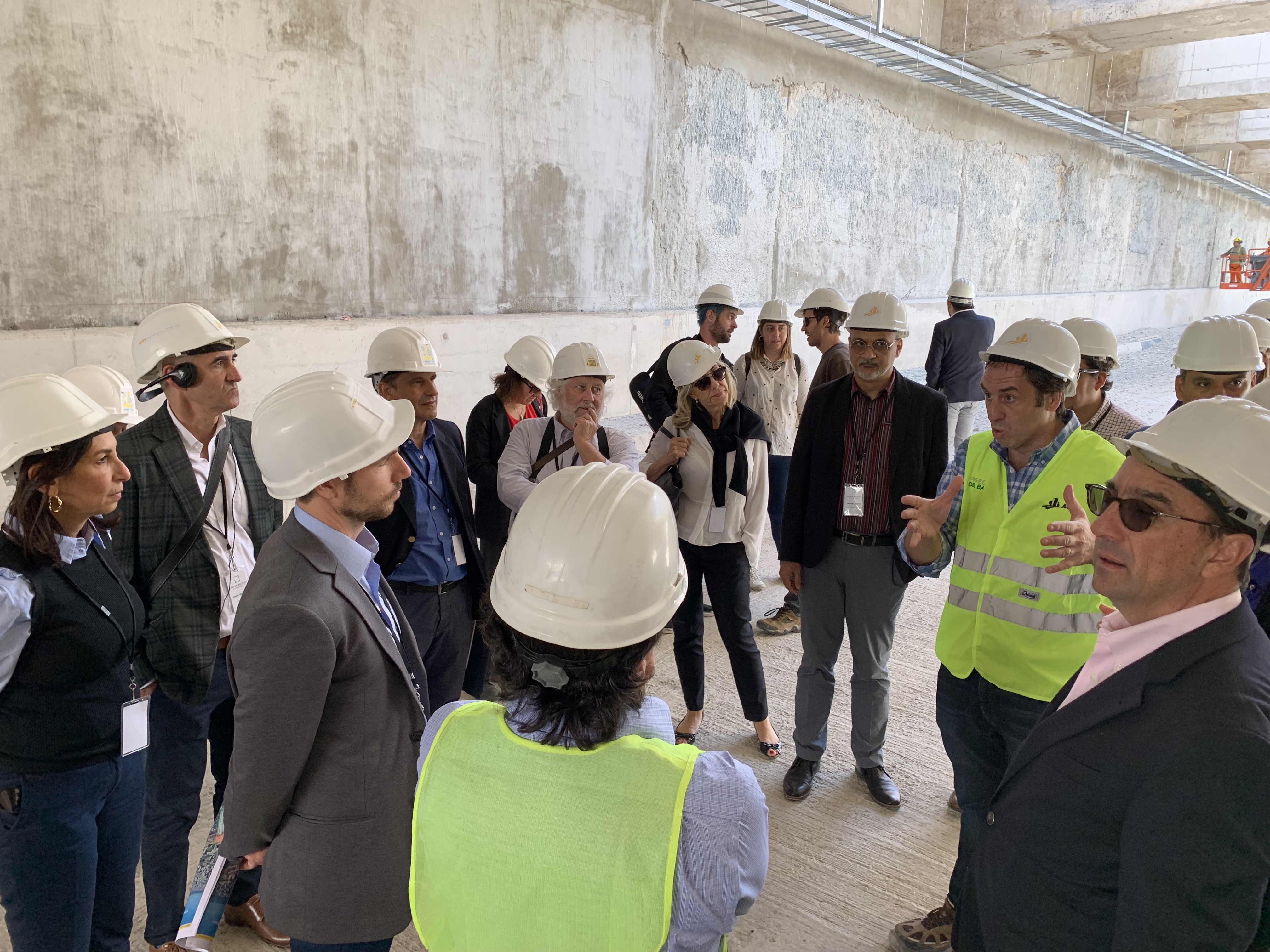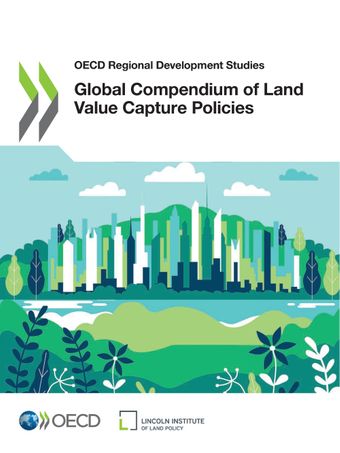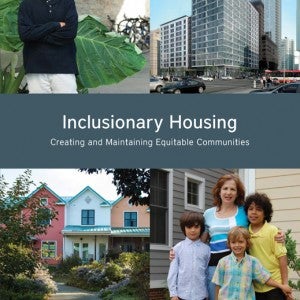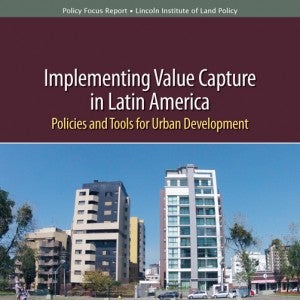Fiscally Healthy Communities and Regions
Enabling local governments to deliver public services, infrastructure, and sustainable and equitable investments in the future
The Lincoln Institute envisions a world in which everyone has access to basic public goods—clean water and sanitation, parks, schools, transportation, and housing. These goods have one thing in common—they all depend on well-functioning and well-resourced local governments. Land policy contributes to municipal fiscal health in two important ways—through sustainable land-based revenues, and equitable and productive land-use decisions.

Land-Based Financing
The Lincoln Institute promotes the use of a well-functioning property tax and other land-based financing tools like land value return (often referred to as land value capture) through multiple lines of work. We research when and how to use land-based financing for infrastructure, services, and affordable housing so policy makers have the empirical evidence they need to make informed decisions. We educate practitioners and policy makers about the legal frameworks, mechanics, and outcomes of land-based financing approaches. We also provide on-the-ground assistance to help communities efficiently and equitably implement land-based financing strategies.
Land Value Return Research
Our policy brief on land value return lays out how the public sector can recover and reinvest land value increases that result from public investment and other government actions, like a rezoning or land use change.
Technical Assistance for Land Value Return
We provide technical assistance to communities considering land value return to help them secure much-needed revenues or in-kind contributions from developers and property owners.
 Global Compendium of Land Value Capture Policies
Global Compendium of Land Value Capture Policies
The Global Compendium of Land Value Capture Policies, a joint project by the OECD and the Lincoln Institute of Land Policy, is an ambitious undertaking to understand the full landscape of land value capture (LVC) instruments, how they are configured and deployed across the globe in OECD and Non-OECD countries, and what it would take to unleash their full potential as a sustainable revenue source.
Integrated Planning and Finance
The Lincoln Institute promotes the coordination of land use planning, public finance, and economic development within cities and regions through education and technical assistance. We educate planners and public administrators on the foundations of public finance and urban economics so that they make more informed land use decisions. We also invest in innovative ways to make learning these concepts more accessible and interesting.
 Fiscally Standardized Cities Database
Fiscally Standardized Cities Database
The FiSC Database makes it possible to compare local government finances for 200 of the largest U.S. cities across more than 120 categories of revenues, expenditures, debt, and assets, going back to 1977. The estimates account for the fact that some city governments provide all local government services, while others share the responsibility with overlying counties, school districts, and special purpose districts.



















